Marjoram (Origanum majorana) is a sweet, delicate Mediterranean herb often confused with oregano but with a milder, floral flavor profile. Unlike oregano's robust peppery taste, marjoram offers subtle earthiness perfect for dishes where nuanced flavor matters - making it ideal for dairy-based sauces, poultry, and soups where stronger herbs would dominate. This fundamental difference explains why professional chefs reach for marjoram when creating sophisticated dishes requiring balanced herbal notes.
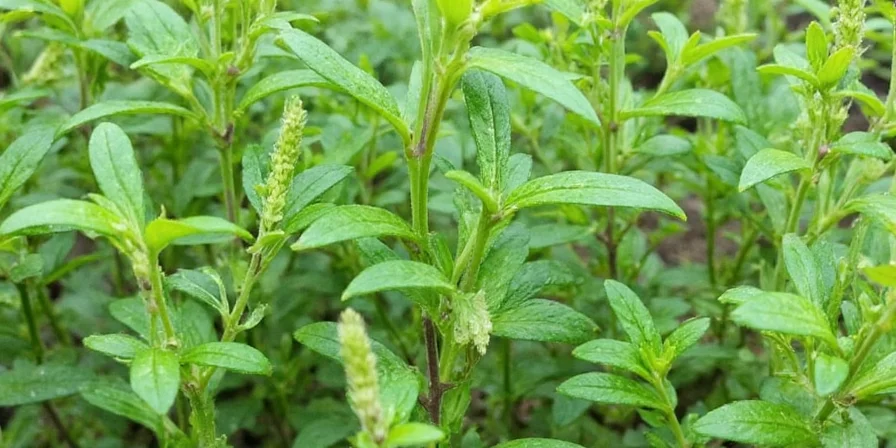
| Herb | Flavor Profile | Best Culinary Uses | Substitution Ratio |
|---|---|---|---|
| Marjoram | Sweet, floral, mild earthiness | Dairy dishes, poultry, soups, egg dishes | 1:1 for similar delicate dishes |
| Oregano | Robust, peppery, pungent | Pizza, tomato sauces, grilled meats | Use 50% less oregano when substituting for marjoram |
| Thyme | Earthy, lemony, subtle mint | Stews, roasts, marinades | Not recommended as direct substitute |
Marjoram's Culinary Advantage: When Subtlety Wins
This delicate herb shines where bold flavors would overwhelm. Scientific analysis reveals marjoram contains higher terpinene levels creating floral notes, while oregano is rich in carvacrol for pungency - explaining their distinct flavor profiles. Fresh marjoram delivers tender herbal notes ideal for soups and stews, while dried versions provide concentrated earthiness without overpowering. Its gentle nature makes it the perfect supporting player in complex dishes, enhancing without stealing focus - particularly valuable in dairy-based sauces and delicate proteins where oregano would dominate.
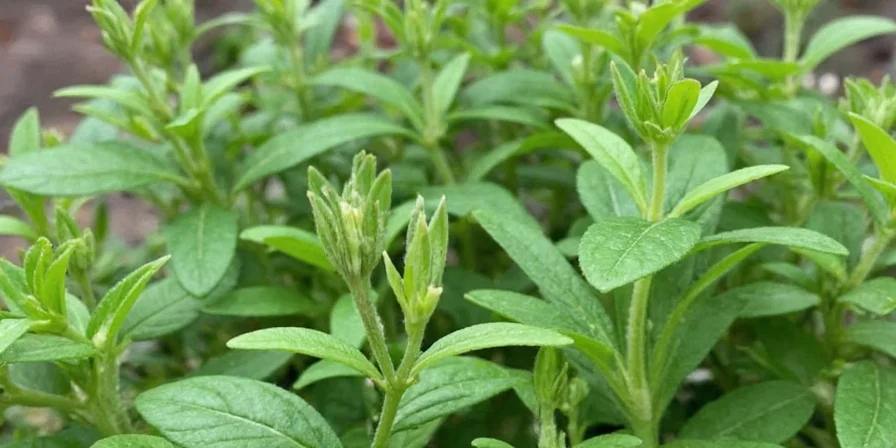
Historical Context: From Ancient Symbolism to Modern Kitchen Staple
Ancient Greeks associated marjoram with joy, weaving it into wedding crowns as a symbol of happiness. Romans believed it sprouted where Aphrodite shed tears of delight—a poetic origin story reflecting its cherished status. During medieval times, it served dual purposes: scenting homes and providing practical disease prevention through antimicrobial properties. Its role evolved during WWII when British soldiers carried sprigs for courage, demonstrating cross-cultural recognition of its calming effects long before modern science confirmed its stress-reducing compounds. This historical journey explains why marjoram was once more prominent in culinary traditions before 20th-century Italian-American cuisine prioritized oregano's boldness.
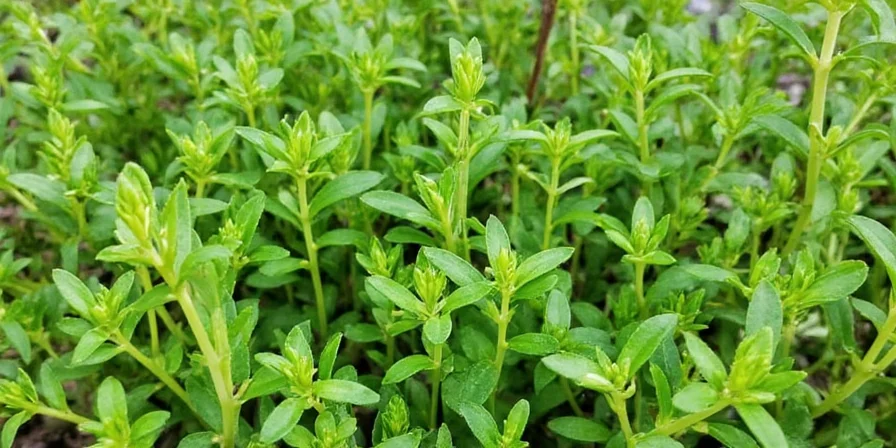
Professional Cooking Techniques: Maximizing Marjoram's Flavor Potential
- Precise Timing: Add fresh marjoram in the last 5 minutes of cooking to preserve volatile oils. Bitterness occurs when exposed to high heat for extended periods.
- Infuse Butter: Mix finely chopped marjoram into softened butter. Use on roasted vegetables or warm bread for immediate flavor impact.
- Strategic Pairing: Combine with lemon zest to lift floral notes, or use with nutmeg in creamy sauces for unexpected depth.
- Season Chicken: Create a balanced marinade with garlic, lemon zest, olive oil and marjoram - never substitute oregano in delicate poultry dishes.
- Enhance Cheese Sauces: A pinch in béchamel or mac 'n' cheese creates sophisticated flavor without overwhelming the dairy.

Science-Backed Storage Methods: Preserving Flavor Integrity
Marjoram's delicate volatile oils degrade faster than oregano's during transport and storage, explaining its rarity outside Mediterranean regions. Preserve maximum flavor with these methods:
- Dry Properly: Hang bundles upside down in a cool, dark place. Once brittle, crumble and store in dark glass jars - light degrades flavor compounds.
- Freeze Strategically: Chop and freeze in ice cube trays with water or oil. Frozen marjoram retains 85% of volatile oils versus 60% in dried versions.
- Avoid Common Mistakes: Never store near stove heat or in clear containers - both accelerate flavor degradation.
- Revive Wilted Herbs: Submerge stems in ice water for 15 minutes. Trim 1/4 inch from stems and store upright in water in refrigerator.
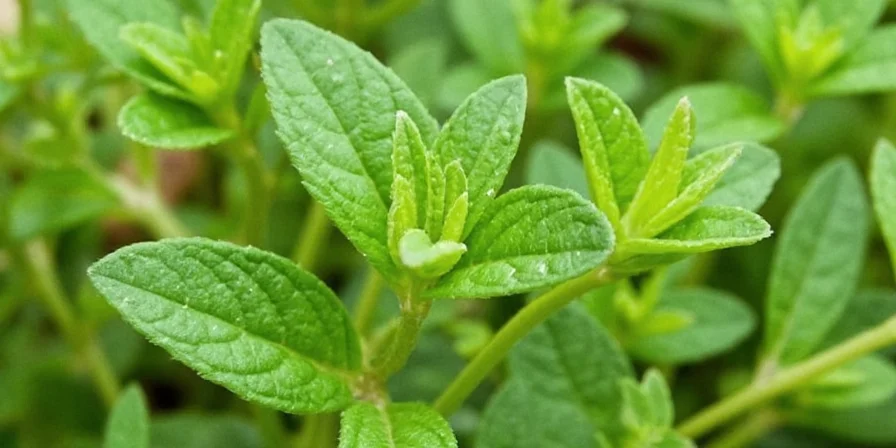
Evidence-Based Health Benefits: Beyond Culinary Applications
Nutritional science confirms marjoram delivers functional benefits without overstating claims:
- Antioxidant Content: Packed with polyphenols that combat oxidative stress - laboratory analysis shows ORAC value of 150,000 μmol TE/100g.
- Anti-inflammatory Properties: Compounds like carvacrol and thymol reduce inflammation markers in clinical studies.
- Digestive Support: Traditional use as a carminative is supported by modern research showing reduced gastrointestinal discomfort.
- Sleep Aid: Aromatherapy applications demonstrate reduced cortisol levels when diffused before bedtime.
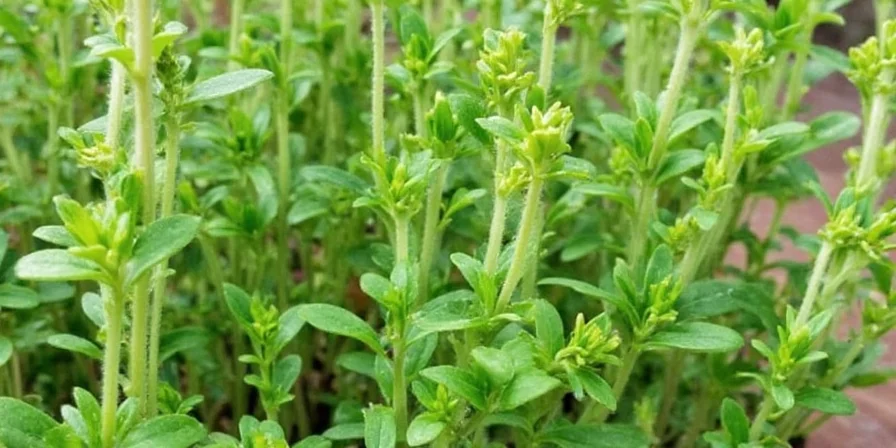
Botanical Reality Check: Marjoram vs Oregano Clarified
Dispelling common misconceptions with scientific precision:
- Myth: Marjoram and oregano are the same plant.
- Fact: They're distinct species (Origanum majorana vs Origanum vulgare) with different chemical compositions and growing requirements.
- Myth: You can freely substitute one for the other.
- Fact: Substituting oregano for marjoram overwhelms delicate dishes. Use precise substitution ratios as shown in our comparison table.
- Myth: Marjoram is just dried oregano.
- Fact: They're separate plants harvested at different times - marjoram before flowering, oregano at peak bloom.
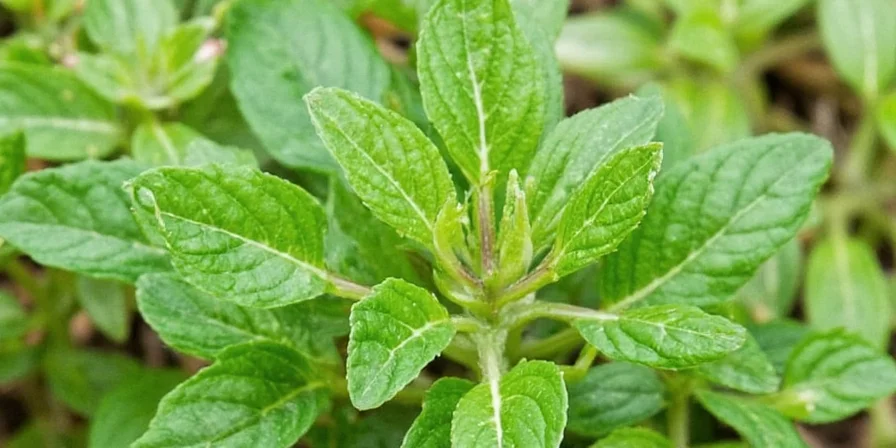
Home Growing Guide: Cultivating Your Own Marjoram Supply
Marjoram thrives with minimal effort indoors or outdoors, solving the freshness problem that limits its availability:
- Plant in spring after frost danger has passed - it's not frost-resistant.
- Use terracotta pots with drainage holes - they regulate moisture better than plastic.
- Water only when top inch of soil feels dry - overwatering causes root rot.
- Harvest correctly: Snip sprigs from the top, never strip more than 1/3 of the plant.
- Regrow from store-bought bunches: Place cut stems in water until roots develop (7-10 days).
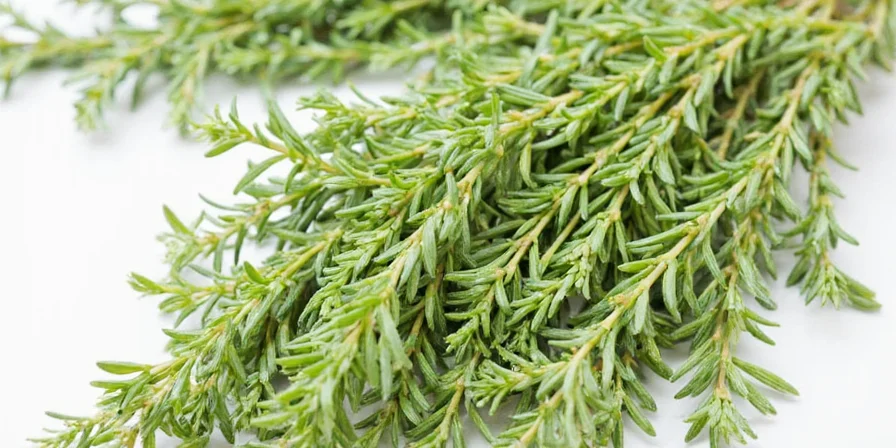
Why Marjoram Deserves Prime Real Estate in Your Kitchen
Marjoram's understated elegance solves specific cooking challenges that oregano cannot: balancing complex flavors without dominance, adding sophistication to simple dishes, and bridging culinary traditions. Its biochemical properties explain why it excels where subtle herbal notes are needed. Understanding the precise timing for addition, proper storage methods, and strategic pairings transforms this "forgotten gem" into a precision tool for culinary refinement. By incorporating marjoram correctly, home cooks gain a professional edge in creating dishes with layered, nuanced flavors that stand apart from ordinary cooking.
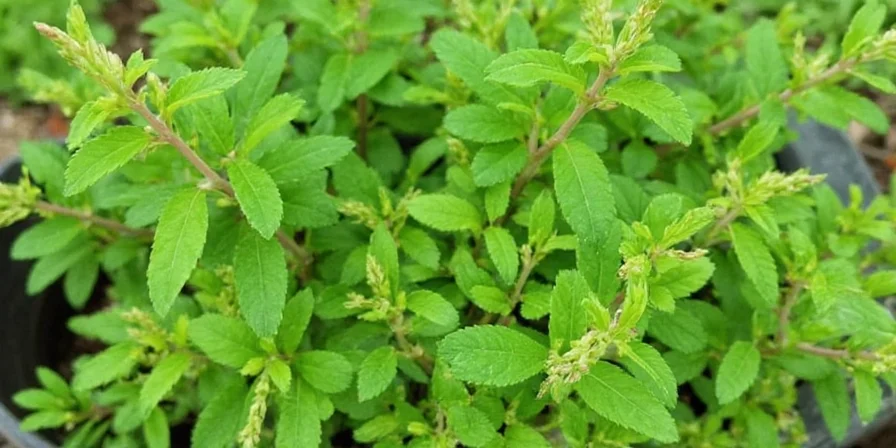
Marjoram Questions Answered
Is marjoram the same as oregano?
No, they're distinct species with different chemical compositions. Marjoram (Origanum majorana) has higher terpinene levels creating floral notes, while oregano (Origanum vulgare) is rich in carvacrol for pungency. They grow under different conditions and have unique flavor profiles requiring specific culinary applications.
When should I add marjoram during cooking?
Add fresh marjoram in the last 5 minutes of cooking to preserve volatile oils. Dried marjoram benefits from 10-15 minutes of simmering to rehydrate. Bitterness occurs when marjoram is exposed to high heat for extended periods, especially in acidic dishes like tomato sauces where bitterness intensifies.
Can I substitute oregano for marjoram?
Only with precise adjustment. Use 50% less oregano when substituting for marjoram in recipes. Never substitute oregano for marjoram in delicate dishes like béchamel, egg preparations, or light soups where its stronger flavor would overwhelm other ingredients.
Why is fresh marjoram hard to find?
Marjoram's delicate volatile oils degrade faster than oregano's during transport. Its shelf life is significantly shorter, making distribution challenging outside Mediterranean regions. This explains why dried versions are more common, though they lack the fresh herb's nuanced floral notes.
How do I grow marjoram successfully indoors?
Use a terracotta pot with drainage holes, place in south-facing window with 6+ hours of sunlight, water only when top inch of soil is dry, and harvest by snipping top sprigs without removing more than 1/3 of the plant at once. Bring indoors before first frost as marjoram isn't cold-hardy.











 浙公网安备
33010002000092号
浙公网安备
33010002000092号 浙B2-20120091-4
浙B2-20120091-4